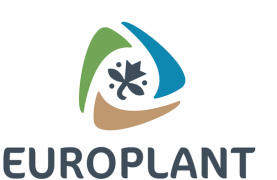Potatoes, one of the most cultivated vegetables worldwide, play a significant role in the economic growth of any nation. These are abundant sources of vitamins C, potassium, B6, dietary fibre, and carbohydrates that make them important food sources among the majority of the population. However, potato production is often hampered by diseases such as early and late blight, which can significantly reduce their yield. Artificial intelligence (AI)–driven deep learning models are redefining the agriculture sector, particularly through the timely diagnosis and management of leaf diseases. These models can examine the patterns and abnormalities in potato leaf images to detect diseases early, helping farmers to respond promptly to curb crop losses. In this study, we introduced a convolutional neural network-based model, PotConvNet, which was trained and tested on two different potato leaf datasets, labelled as Dataset 1 and Dataset 2 to detect potato foliar disease. The suggested PotConvNet demonstrated a high classification accuracy of 99.76% and 97.78% for Potato Dataset 1 and Dataset 2, respectively. The efficacy of the proposed model we put forward was further validated using additional performance metrics, viz., F1 score, precision, recall, Cohen’s kappa score, and ROC AUC. The research work also included several preprocessing steps, viz., resizing, normalisation, data augmentation, and data splitting, to improve model performance. Thus, the proposed model can serve as a diagnostic tool for farmers by enabling the accurate identification of potato leaf diseases and facilitating timely actions to enhance crop productivity.
Full publication URL















